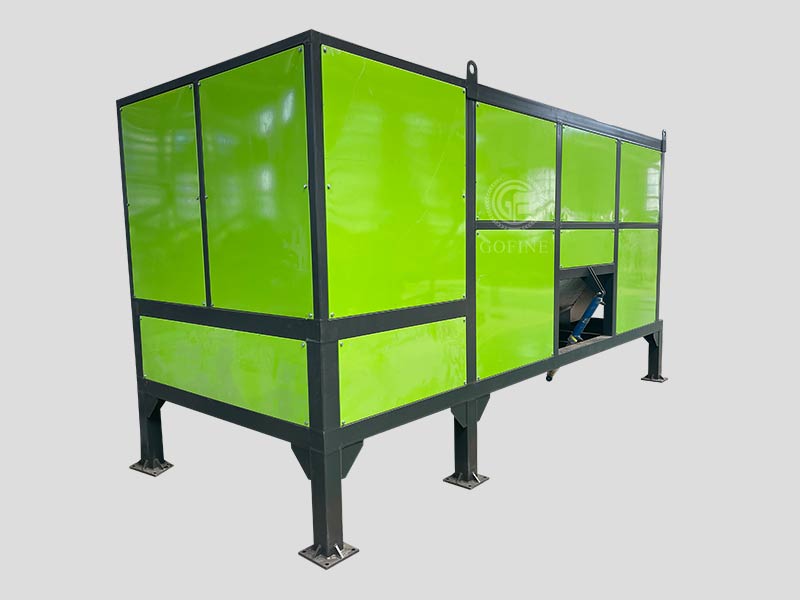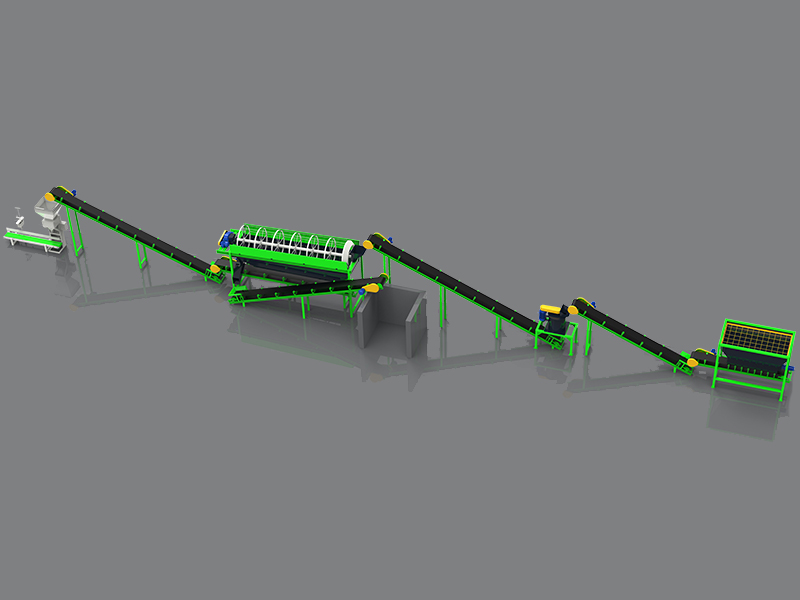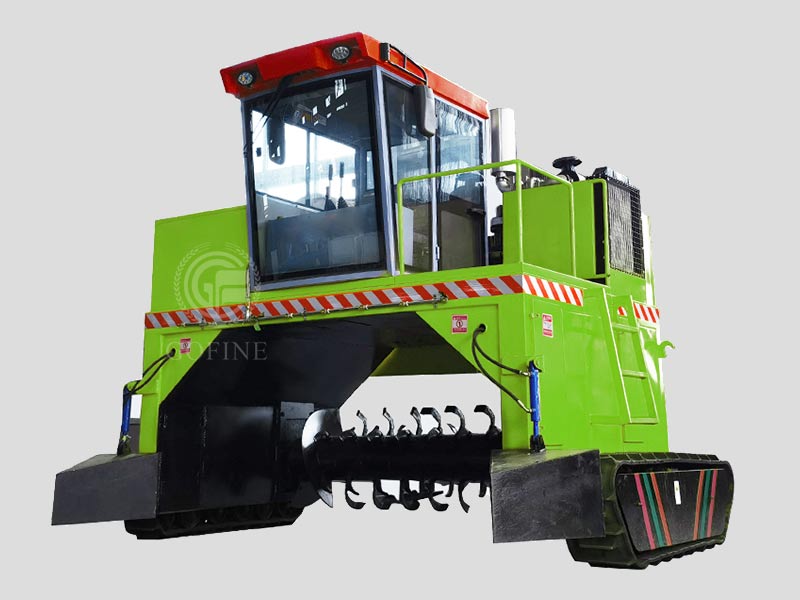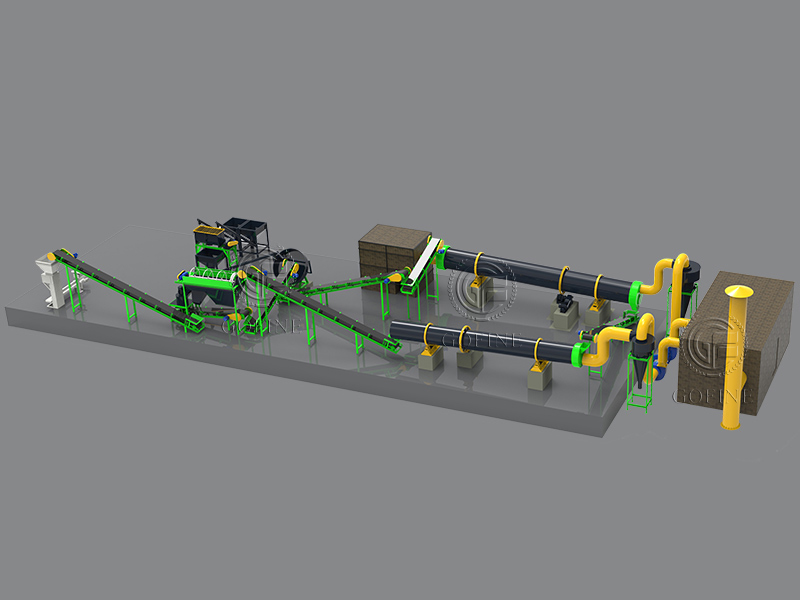How to choose the right compost turning machine
News September 20, 2024
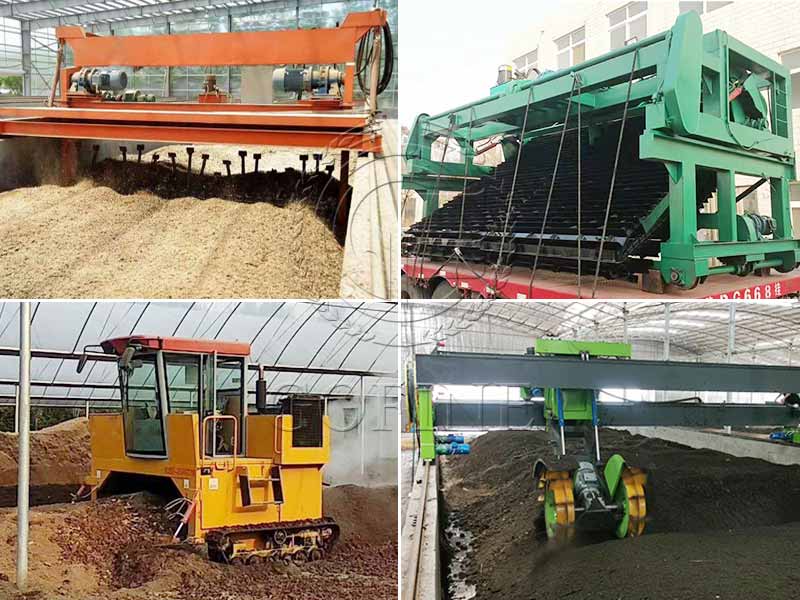
When composting, it is crucial to choose a suitable compost turning machine. The following aspects can help you make the right choice.
1. Consider the scale of composting
Small composting: If you have a small amount of compost, such as a home garden or a small farm, you can choose a small push-type or electric compost turner. This type of compost turning machine is flexible to operate, occupies a small area, and is relatively affordable.
Medium-sized composting: For medium-sized composting operations, such as medium-sized farms or agricultural cooperatives, you can consider medium-sized wheeled compost turners. They have a certain processing capacity and can meet the needs of medium-sized composting.
Large composting: Large farms, fertilizer production companies, etc. require large crawler compost turners. This type of compost turner has high power and strong processing capacity, and can quickly and efficiently complete the turning of large amounts of compost.
2. Pay attention to compost turning performance
Compost turning depth: Different compost turners have different compost turning depths. According to your compost height requirements, choose a machine that can reach the appropriate compost turning depth. Generally speaking, the greater the depth, the better it can promote the oxygen circulation and fermentation uniformity inside the compost.
Turning speed: The turning speed determines the work efficiency. If the amount of compost is large and time is tight, a machine with a faster turning speed should be selected. But it should also be noted that too fast a speed may affect the quality of turning.
Mixing uniformity: A good compost turner can fully mix the various components in the compost and ensure the stability of the compost quality. When choosing, you can understand the mixing method and mixing effect of the machine.
3. Inspect the quality of the equipment
Material: The main structure material of the compost turner should be sturdy and durable, and can withstand long-term use and harsh working environment. Common materials include steel, stainless steel, etc., which can be selected according to actual needs.
Manufacturing process: The fine manufacturing process can ensure the stability and reliability of the machine. Check whether the welding is firm and whether the parts are installed accurately.
Brand reputation: Choose a compost turner produced by a well-known brand and a manufacturer with a good reputation, and the quality is more guaranteed. You can understand the brand reputation by checking user reviews and consulting industry experts.
4. Consider cost factors
Purchase price: Choose a reasonably priced compost turner according to your budget. Don’t just pursue low prices and ignore quality and performance.
Operating costs: Consider the operating costs of the compost turner, such as energy consumption and replacement costs of wearing parts. Choosing energy-efficient and low-maintenance machines can reduce long-term use costs.
5. After-sales service
After-sales guarantee: Understand the after-sales service content provided by the manufacturer, such as warranty period, repair service, etc. Good after-sales service can ensure that problems with the machine can be solved in time.
Technical support: Whether the manufacturer provides technical training and guidance is very important for users who use compost turners for the first time.
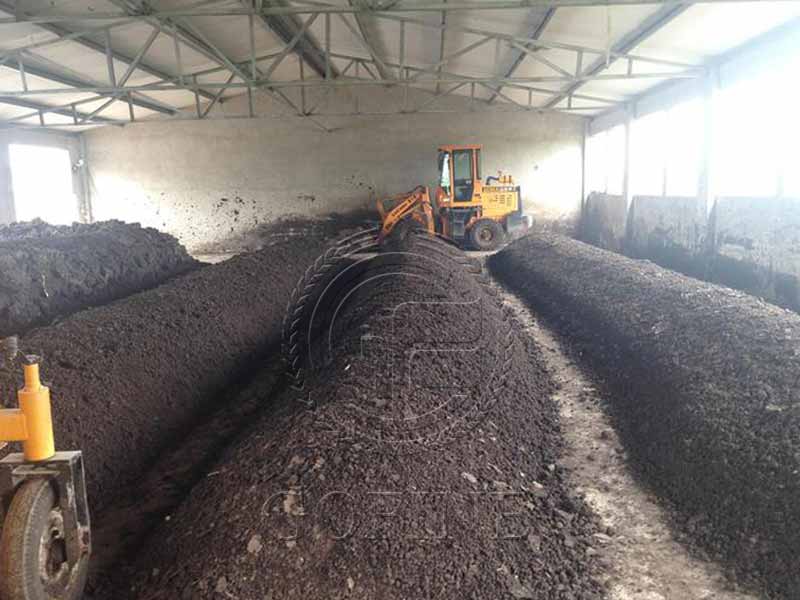
In short, choosing a suitable compost turner requires comprehensive consideration of composting scale, composting performance, equipment quality, cost factors and after-sales service. Only by choosing a suitable compost turner can composting be carried out efficiently and contribute to agricultural production and environmental protection.
Prev: Poultry manure composting equipment Next: Advantages of fertilizer compost turning machine
